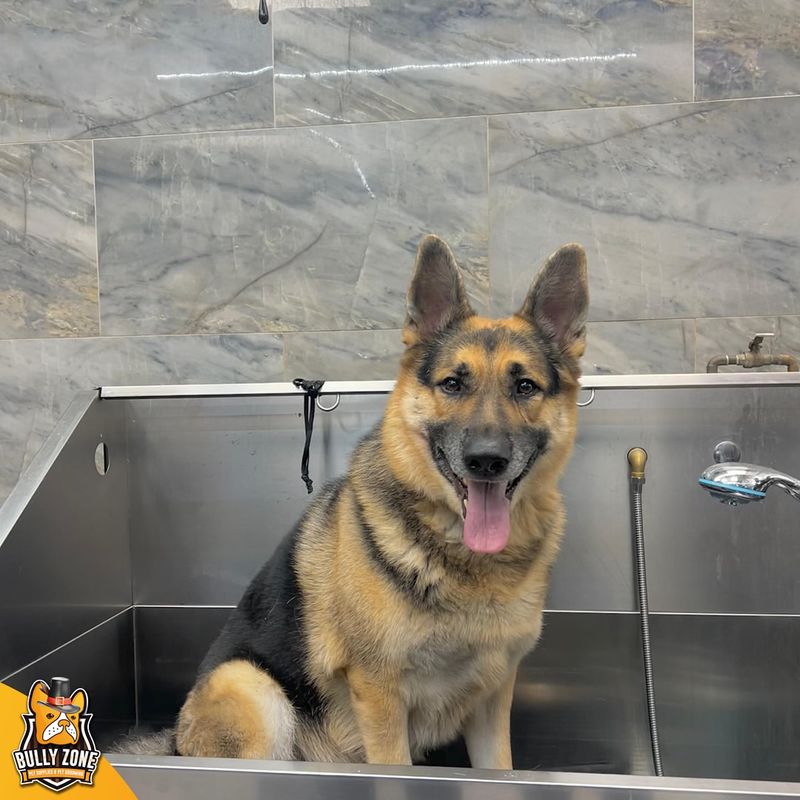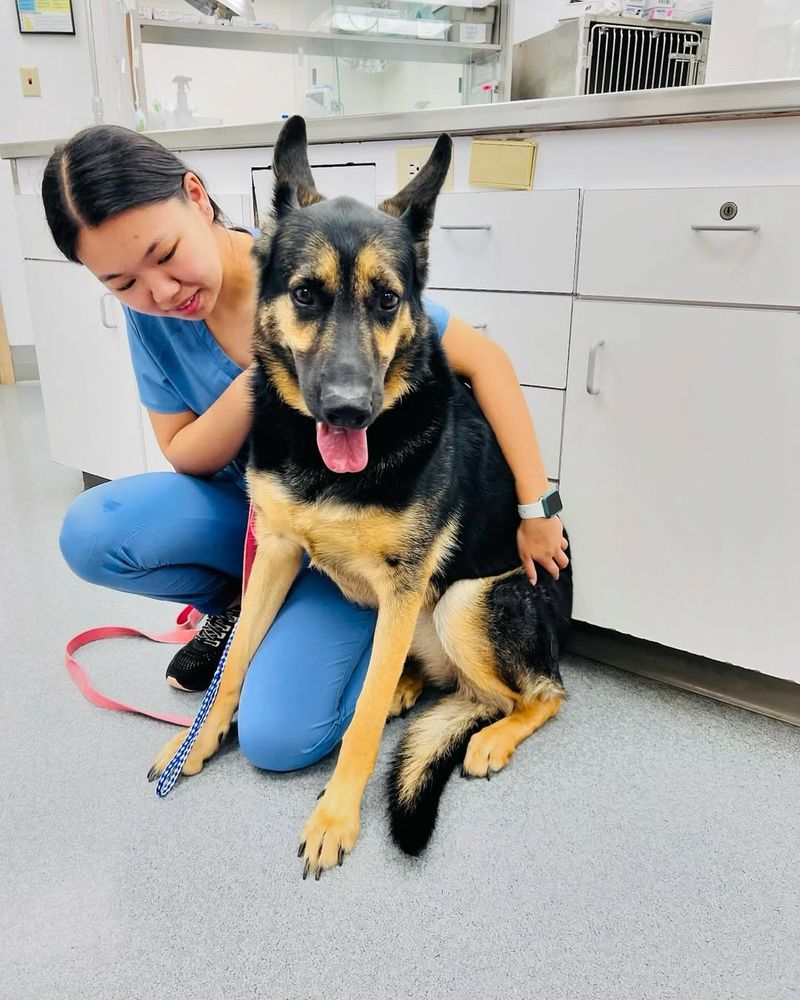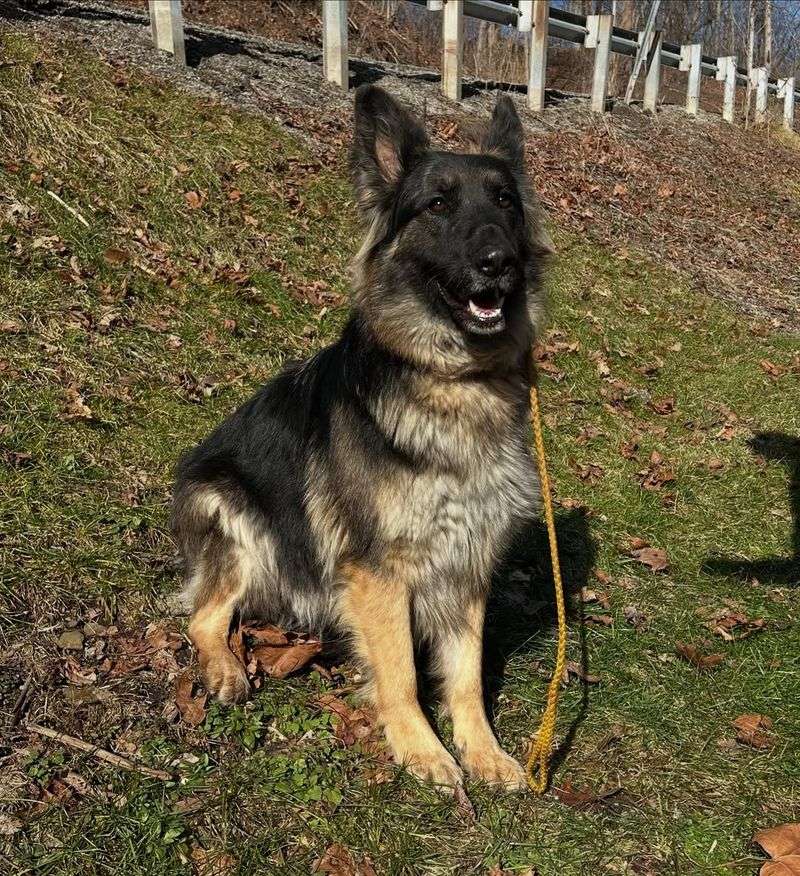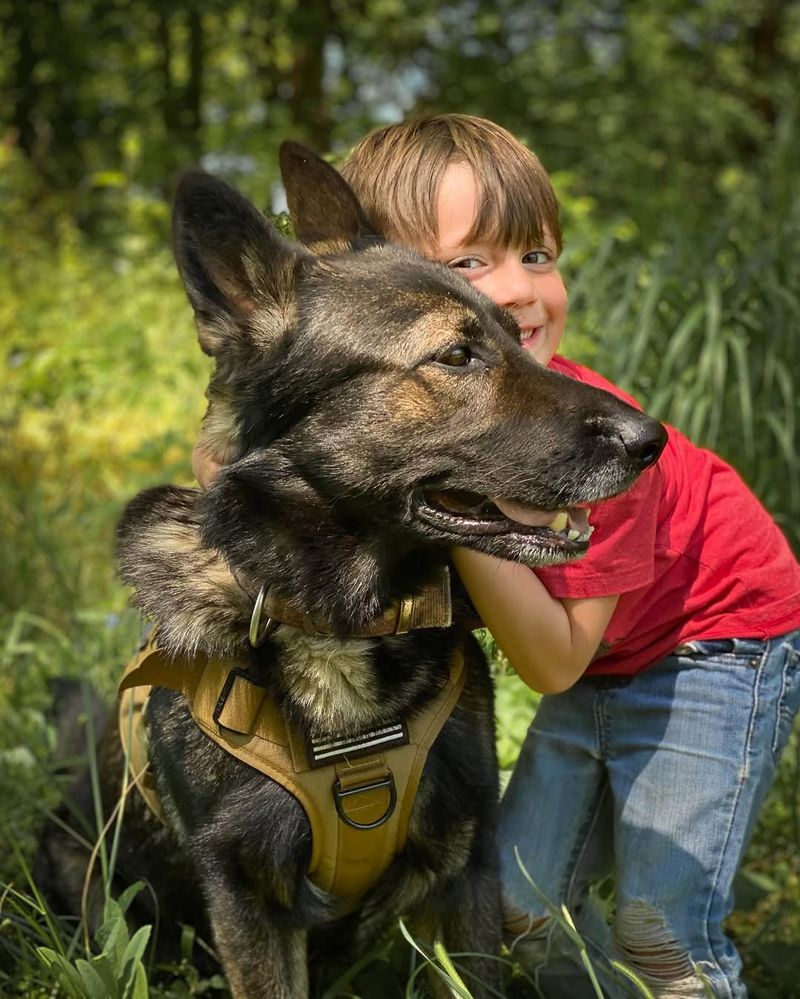19 Reasons a German Shepherd Might Not Be the Right Dog for You
Understanding Dog Behaviour
By Liam Hartwell

German Shepherds are one of the most popular dog breeds in the world. They are known for their intelligence, loyalty, and versatility. However, despite their many appealing qualities, they might not be the perfect match for every dog lover. There are several factors to consider before bringing a German Shepherd into your home, from their energy levels to their health issues. This guide explores 19 reasons why a German Shepherd might not be the right companion for you.
© ridgesidek9_llc
© bullyzonepetsupplies
© vomlancegermanshepherds
© montgomeryanimalhospital
© spooky.dog.mom
© everydayk9solutions
© lifeofdaxshepherd
© 4pawsk9trainingllc
© static.k9
© advocate4paws
© caninedredspirits
© gretatrainsdogs
© marvelousmisha_gsd
© theartofk9training
© bowsersdogservices
© gretatrainsdogs
© dragontaming
© starspangledshepherds
© edcgsr


















